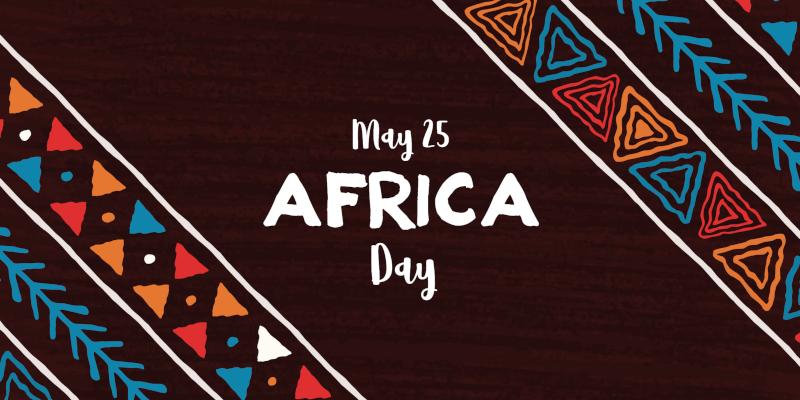Africa Day marks the annual commemoration of founding of the African Union (AU) formerly Organization of African Unity (OAU).
Observed by African countries around the continent and beyond, Africa Day celebrates Africa’s history and the journey of the AU since its inception.
The OAU was birthed on May 25, 1963 when 32 heads of independent African states met in Addis Ababa, Ethiopia, to sign the charter, creating Africa’s first post-independent continental organisation. However the Organization adopted the new name AU in July 2002 in Durban, South Africa, following the OAU’s decision to create a new continental organisation to build on its work.
This decision was fueled by the need to focus the goals of the organisation towards increased cooperation and integration of African states to drive Africa’s growth and economic development.
Needless to say, the OAU was founded with the initial aim to fight against colonialism and apartheid and to encourage the decolonization of Angola, Mozambique, South Africa, and Southern Rhodesia.
Africa has a complex history of colonization, exploitation, and struggle for independence. Many African nations faced years of oppression and colonial rule, which left lasting scars on the continent. Hence May 25 was previously known as African Freedom Day and African Liberation Day.
The AU body consists of 55 member states, and it continues to build on the mandate and achievements of the OAU while also making efforts at realising the vision and objectives of the AU.
Africa Day serves as an opportunity to recognize the significant contributions that Africans have made in various fields. Despite facing numerous challenges, the continent has produced remarkable individuals who have excelled in art, literature, science, sports, and politics. Celebrated figures such as Nelson Mandela, Chinua Achebe, Miriam Makeba, and Wangari Maathai have left an indelible mark on the world and continue to inspire generations. Africa Day encourages the acknowledgment of these achievements and the promotion of African excellence.
The annual celebration of Africa Day symbolises African nations commitment to unity, peace, democracy, and economic development.
This year’s celebration. themed “Accelerating the Implementation of the African Continental Free Trade Area”. is the 60th of its kind. It aims to foster Africa’s economic integration by establishing a single market for products and services.
The 60th anniversary of the founding of the OAU coincides with the sitting of the second session of the Pan African Parliament’s Sixth Parliament, which is currently sitting at its headquarters in Midrand.
The formation of the PAP is one of the numerous AU success stories in Africa. The PAP, whose seat is in South Africa, one of the last African nations to attain liberation, was established to ensure the full participation of Africans in the economic development and integration of the continent. It is further intended as a platform for people from all African states to be involved in discussions and decision-making on the problems and challenges facing the continent.
However, while we celebrate the successes of Africa, it is also crucial to acknowledge the challenges that persist on the continent. Poverty, inequality, political instability, and limited access to education and healthcare are among the issues that require continued attention and concerted efforts. Africa Day serves as a reminder to address these challenges and work towards a brighter future for all Africans. It highlights the need for sustainable development, investment in infrastructure, and the empowerment of African youth to unlock the continent’s vast potential.


